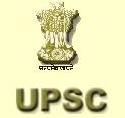
UPSC 2010 | Appendix III : List of Post Offices
Civil Services Examination, 2010
Examination Notice No. 04/2010-CSP
Dated : 02-01-2010
Last Date : 01.02.2010
Appendix III : List of Head Post Offices/Post Offices where UPSC application forms are available
Andhra Pradesh Circle : Hyderabad GPO, Hyderabad Jubilee, Kachiguda Stn., Khairatabad, Secunderabad, Trimulgherry, Adilabad, Anantapur, Arundelpet (Guntur), Chittoor, Cuddapah, Eluru, Kakinada, Karimnagar, Khammam, Kurnool, Machilipatnam, Mahboobnagar, Medak, Nalgonda, Nellore, Nizamabad, Ongole, Srikakulam, Vizianagaram, Vijayawada, Vikarabad, Visakhapatnam, Warangal.
Assam Circle : Guwahati, Barpeta, Dhubri, Dibrugarh, Diphu, Golaghat, Hailakandi, Jorhat, Karimganj, Kokrajhar, Mangaldoi, Nagaon, Nalbari, North Lakhimpur, Sibsagar, Silchar, Tezpur, Tinsukia.
Bihar Circle : Patna, GPO, Bankipur, Arrah, Aurangabad, B. Deoghar, Bokaro Steel City, Banka, Battiah, Begusarai, Bhagalpur, Biharsharif, Buxar, Chaibasa, Chapra, Daltonganj, Darbhanga, Dhanbad, Dumka, Gaya, Giridih, Gopalganj, Gumla, Hajipur, Hazaribagh, Jamshedpur, Katihar, Madhubani, Motihari, Munger, Muzaffarpur, Nawada, Purnea, Ranchi, Saharsa, Samastipur, Sasaram, Sitamarhi, Siwan.
Delhi Circle : Delhi GPO, New Delhi, Indra Prastha, Ramesh Nagar, Sarojini Nagar, Lodi Road, Krishna Nagar, Ashok Vihar, Parliament Street, UPSC PO.
Gujarat Circle : Gandhinagar, Ahmedabad, Amreli Anand, Bharuch, Bhavnagar, Bhuj, Dahod, Godhra, Himatnagar, Jamnagar, Junagadh, Kheda, Mehesana, Navrangpura, Navsari, Palanpur, Patan, Porbandar, Rajkot, Revdi Bazar, Surat, Surendranagar, Valsad, Vadodara.
Haryana Circle : Ambala GPO, Ambala City, Bahadurgarh, Bhiwani, Faridabad, Gurgaon, Hissar, Jind, Karnal, Kurukshetra, Narnaul, Panipat, Rohtak, Sirsa, Sonepat.
Himachal Pradesh Circle : Shimla, Bilaspur, Chamba, Hamirpur, Kangra, Keylong, Kulu, Mandi, Nahan, Recong, Peo, Solan, Una.
Jammu & Kashmir Circle : Srinagar, Anantnag, Baramulla, Jammu, Kathua, Leh, Rajouri, Udhampur.



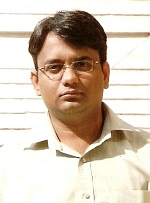
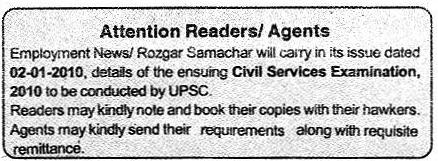
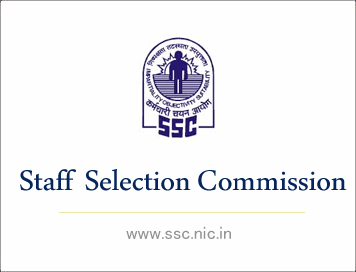


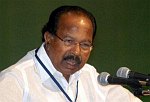 Union
Minister for Law and Justice M Veerappa Moily today said the Centre would soon
take a decision on inclusion of Tulu language in the 8th Schedule of the
Constitution.
Union
Minister for Law and Justice M Veerappa Moily today said the Centre would soon
take a decision on inclusion of Tulu language in the 8th Schedule of the
Constitution.